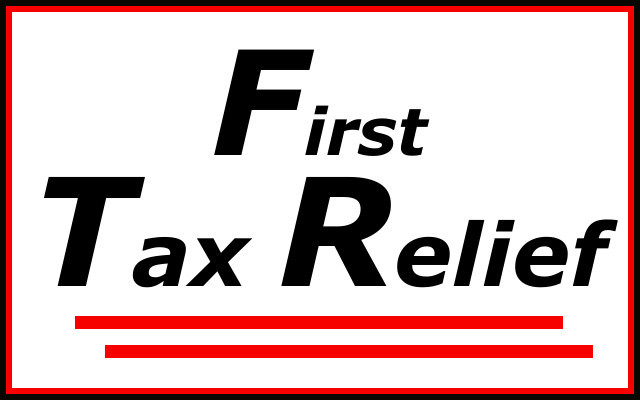With summer’s end around the corner, the real estate selling season in Cleveland has been in full swing. I know that I have heard rumors of a slowdown, but local realtors certainly still seem to have their hands full.
But speaking of real estate, let me make something very clear to you: the IRS does NOT want to take your house from you.
How sure am I of this?
Well, let’s look at some recent numbers. The most recent data I was able to pull is from 2013, but it provides a nice representative sample of the likelihood that your house would be confiscated over tax issues. In that year, the IRS made exactly 547 seizures of “real and personal property”. This represents boats, cars, houses, business equipment, etc. That is a figure for the entire nation — so with the millions of taxpayers out there who owed the IRS, in only a tiny fraction of those cases did they see fit to take the drastic measure of seizing real estate or personal property.
But perhaps that doesn’t assuage your fears. Allow me to go into greater detail…
Would The IRS Seize Your Personal Property In Cleveland?
“If one does not know to which port one is sailing, no wind is favorable.” – Lucius Annaeus Seneca
Many tax professionals like to “play up” how terrible and heartless the IRS can be. But the simple fact is that it is still an organization made up of people, and nobody wants to put a family on the streets, or take the home of a retiree.
That said, it’s a different dynamic when they suspect that you are trying to cheat them. Then, well, human nature ALSO kicks in and if they see someone who is hiding assets, not cooperating, pyramiding tax liabilities, or other forms of outwardly trying to cheat and take advantage of the IRS … well, look out.
But if you made some honest mistakes, or got behind on things because of divorce, business difficulties, medical issues, or other such innocent problems, the IRS is much more likely to act charitably to you.
And all that aside, it’s actually not very easy for the IRS to seize personal property or your house. Here are the steps that the IRS has to go through before doing so:
1) Judicial order
All of this is taken from the Internal Revenue Code, section 6334(e).
Even before we get to the judges, first higher-level IRS official needs to determine that your case requires property seizure … and THEN the IRS has to send your case file to the Department of Justice for handling.
The IRS will not just show up one day and take your house. Before anything like that occurs, you would receive a “Final Notice of Intent to Levy”. And an IRS collection agent has to write-up a recommendation for seizure, and get that approved by IRS management. That’s when things move to Justice.
The Department of Justice gets your case because the IRS cannot, on its own, take your house. A U.S. District Court judge must somehow approve the seizure. You would be sued by the Department of Justice, and as with any lawsuit, you have the right to file an answer in court, and defend yourself via litigation.
So again, only a judge can order your house sold; the IRS cannot do it on their own.
But all of that also assumes the following…
2) There must be enough equity in the property to result in payment of the liability
According to the Internal Revenue Manual 5.10.1.2, “the following types of seizures are prohibited in light of restrictions in the Internal Revenue Code (IRC): Seizures where the taxpayer has insufficient equity in the property – there must be sufficient net proceeds from the sale to provide funds to apply to the taxpayer’s unpaid tax liabilities.”
What that means is that if the IRS won’t make anything from the sale of your property, they can’t take it.
And lastly…
3) The IRS must consider other available alternatives.
Property seizure is the last step in a longer process.
Again, per IRS Policy Statement 5-34, Internal Revenue Manual Section 1.2.14.1.8: The decision to seize must be satisfied that other efforts have been made to collect the delinquent taxes without seizing. Alternatives to seizure and sale action may include an installment agreement, offer in compromise, notice of levy, or lien foreclosure. Seizure action is usually the last option in the collection process.
The fact is that the IRS really doesn’t want your Cleveland property. They will exhaust every available avenue to avoid that step.
This is especially true if you have a professional in your corner. Don’t allow this process to get out of hand, and reach these kinds of levels.
Allow us to help you, or help your friends. We’re in your corner.
Warmly,
Rich Rhodes
(833) Low-Taxx
First Tax Relief






